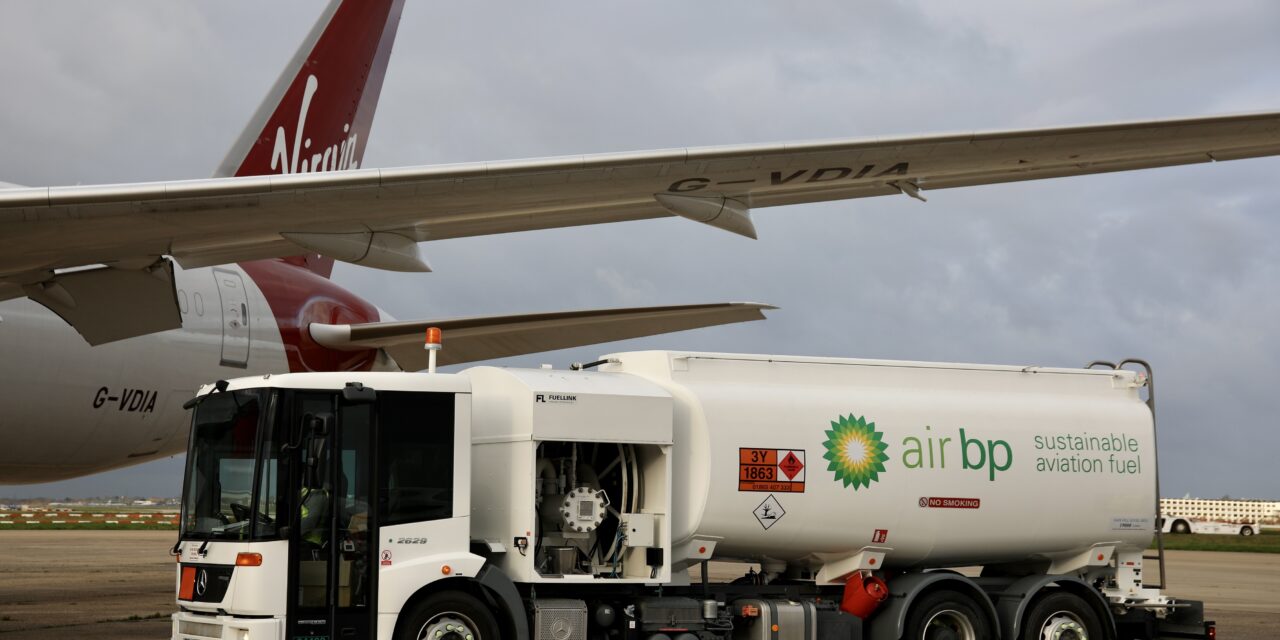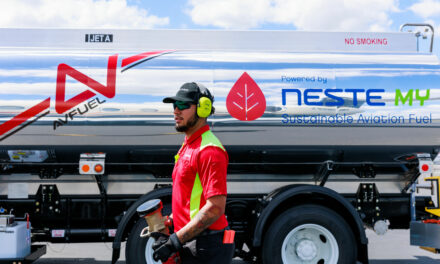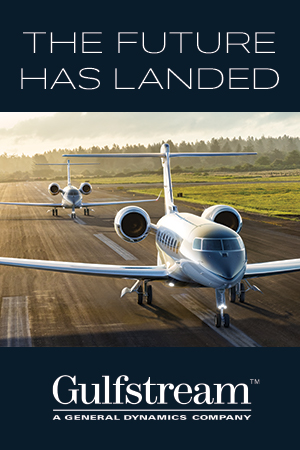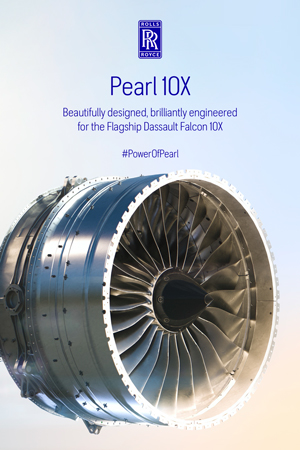Virgin Atlantic’s historic flight on 100% Sustainable Aviation Fuel (SAF) took off from London Heathrow to New York JFK on November 28, 2023, marking the culmination of a year of radical collaboration, to demonstrate the capability of SAF as a safe drop-in replacement for fossil derived jet fuel, compatible with today’s engines, airframes and fuel infrastructure.
SAF has a significant role to play in the decarbonisation of long haul aviation, and pathway to Net Zero 2050. The fuel, made from waste products, delivers CO2 lifecycle emissions savings of up to 70%, whilst performing like the traditional jet fuel it replaces.
While other technologies such as electric and hydrogen remain decades away, SAF can be used now. It represents less than 0.1% of global jet fuel volumes and fuel standards allow for just a 50% SAF blend in commercial jet engines.
The SAF used on Flight100 is a unique dual blend; 88% HEFA (Hydroprocessed Esters and Fatty Acids) supplied by Air bp and 12% SAK (Synthetic Aromatic Kerosene) supplied by Virent, a subsidiary of Marathon Petroleum Corporation. The HEFA is made from waste fats while the SAK is made from plant sugars, with the remainder of plant proteins, oil and fibres continuing into the food chain. SAK is needed in 100% SAF blends to give the fuel the required aromatics for engine function. To achieve Net Zero 2050, the innovation and investment needed across all available feedstocks and technologies must be harnessed to maximise SAF volumes as well as continuing the research and development needed to bring new zero emission aircraft to market.







